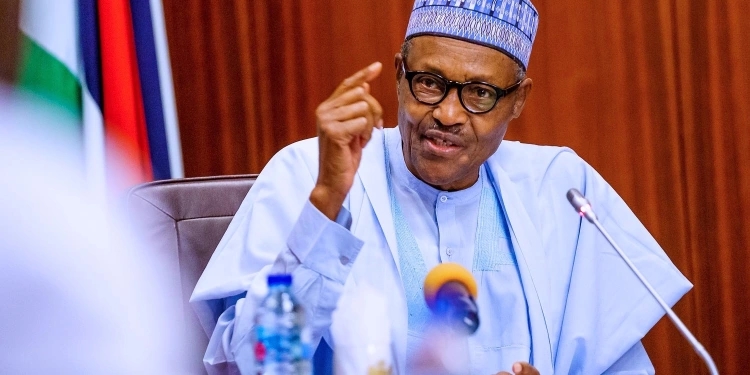In Nigeria, revenue generation has continued to be a source of concern as the country’s debt increases. The country has consistently failed to meet its yearly revenue target for the past seven years. Earlier, Nairametrics reported that only N6.1 trillion was generated out of the N8.1 trillion targeted revenue in 2021.
As of September 2022, Nigeria’s total public debt was estimated at N67.6 trillion which represents 35.2% of GDP.
Proceeds from oil have over the years been Nigeria’s major source of revenue. However, the rising subsidy payment has gulped almost all profits made from oil sales. Also, underproduction due to pipeline vandalism (oil theft), and lack of infrastructure has drastically reduced oil proceeds.
The country is currently in dire need of more revenue sources to augment what is already being generated. But can taxes be the solution?
Taxation in Nigeria: In Nigeria, the Federal Inland Revenue Service (FIRS) is the agency vested with the power of tax payment, ensuring tax compliance, registration, collection, and among others. Also, each state in the country has an agency that collects tax on behalf of the state. There are various taxes collected in the country by the Federal Inland Revenue Service (FIRS), which can be found here.
According to Adegbite & Fasina (2019), Nigeria did not fully consider taxation as a source of revenue generation in the 1980s (during the oil boom). It wasn’t until 2014 when the global recession forced the country to look for a way out to rescue states, that it began looking into taxation as a way out.
In 2022, the FIRS announced that it generated N10.1 trillion as revenue, the highest in the country’s history. In a further breakdown, it revealed that oil accounted for N4.07 trillion, while non-oil was N5.96 trillion. The agency also revealed that it fell short of its target of N10.44 trillion for the year. The 2022 revenue was higher than the N6.4 trillion generated in 2021.
Nigeria’s tax to GDP: According to the Organization of Economic Co-operation and Development (OECD), the tax-to-GDP ratio in Nigeria as of 2020 stands at 5.5%. In comparison with the 30 other African countries included in the report, Nigeria ranks low, with Tunisia ranking high at 32.5%. Also, Nigeria is far off the OECD average of 16% tax-to-GDP ratio for African countries.
The UK and USA tax situation: The Commons Library reported that the UK raised over £915 billion in the 2021/22 year from taxes and other sources. The major source of revenue was from Income Tax, National Insurance contributions (NICs), and Value Added Tax raising around £530 billion. As an OECD member, the UK ranks 23 out of 38 countries in 2021, in terms of tax-to-GDP ratio with a tax-to-GDP ratio of 33.5%. It is slightly below the average of 34.1% for OECD members.
The USA collected $4.90 trillion in taxes for 2021, with Individual Income Tax as the major source of revenue. Also as an OECD member, the country for 2021 ranked 32nd out of 38 with a 26.6% tax-to-GDP ratio.
Taxation could go a long way: Nigeria can, indeed, significantly meet its revenue targets by relying on taxation. According to the World Bank, tax revenue of about 15% of a country’s GDP are key ingredients for economic growth and ultimately, poverty reduction.
Interestingly, the opportunities are there. What is left is for Nigeria to fully explore them. Nairametrics earlier reported that the FIRS revealed that only 41 million Nigerians pay tax out of an estimated population of 200 million people. In comparison to other African super weights, Nigeria’s revenue generation is significantly lower even with the countries having a much lower population than Nigeria.
The 2022 revenue generation from FIRS is a testament that Nigeria can rely on taxes as a significant source of revenue, amidst the little or no revenue coming from oil sales, and the rising debt of the country. However, the FG must ensure to increase tax revenues in the country and ensure compliance, some measures must be in place:
The FIRS, alongside the FG and relevant agencies like EFCC, must ensure that there’s tax transparency in the country. Also, the public must have access to public services provided with proceeds from tax. In increasing tax revenues, the FIRS should embark on sensitization campaigns to make the public aware of the importance of paying taxes and the services provided by tax payments.













When the government is ready to prioritise transparency then would we pay tax till then, no one will pay